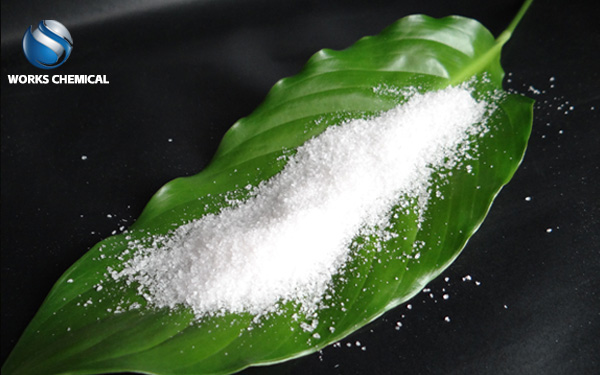
Sludge enhancer is a chemical agent specially used to solve the problem of sludge dehydration, which changes the physical and chemical properties of the sludge through chemical action, thus significantly improving the dehydration efficiency of the sludge. The following is a detailed explanation of how the sludge synergist professionally solves the problem of sludge dehydration:

Background of sludge dewatering problem
In the sewage treatment process, sludge dehydration is an important link. However, due to the complex composition of sludge and high moisture content, sludge dewatering has become a technical problem. The traditional sludge dewatering method often has the problems of low dewatering efficiency, high energy consumption and high equipment maintenance cost.
Two, the principle of action of sludge synergist
Sludge enhancer mainly solves the problem of sludge dewatering in the following ways:
Damage the colloidal structure of the sludge: the sludge synergist can destroy the colloidal structure of the sludge, so that the sludge particles are easier to separate and dehydrate.
Reduce sludge viscosity: By reducing the viscosity of the sludge, the sludge synergist can make it easier to remove water from the sludge in equipment such as filter presses or centrifuges.
Increase sludge solid content: After the use of sludge synergist, the solid particles in the sludge are more likely to gather together, thereby increasing the solid content of the sludge and reducing the water content.
Advantages of sludge synergists
High efficiency dehydration: sludge synergists can significantly improve the dehydration efficiency of sludge, shorten the dehydration time, reduce the running time and energy consumption of dehydration equipment.
Reduce cost: Because the sludge synergist can improve the fluidity of the sludge, reduce the wear and blockage of the sludge to the dewatering equipment, it can reduce the maintenance cost of the equipment. At the same time, the water content of the dehydrated sludge is reduced, and the volume is reduced, which is convenient for subsequent transportation, storage and disposal, thus reducing the burden of subsequent treatment.
Environmental compliance: Choosing the right sludge enhancer and controlling the dosage can ensure that the treated sludge meets the environmental requirements and avoids secondary pollution.
Four. Application cases of sludge synergists
Many wastewater treatment plants and industrial wastewater treatment facilities have successfully applied sludge enhancers. For example, after the introduction of sludge enhishers in a sewage treatment plant, the dehydration efficiency of the sludge was increased by more than 30%, and the water content of the dehydrated mud cake was reduced from the original 80% to less than 60%. This not only improves the sludge treatment efficiency, but also reduces the treatment cost, and brings significant economic benefits to the operation of the sewage treatment plant.
Five, precautions
Select the right sludge enhancer: Select the right sludge enhancer according to the nature of the sludge and treatment requirements. Different sludge synergists have different chemical composition and mechanism of action, so it is necessary to choose according to the specific situation.
Control dosage: The dosage of sludge enhancer should be adjusted according to the nature of the sludge and the performance of the treatment equipment. Too much or too little dosage may affect the treatment effect and economy.
Monitoring treatment effect: In the process of use, the dewatering effect and water content of the sludge should be regularly monitored to ensure the effectiveness of the sludge synergist.
In summary, sludge synergists are an effective means to solve the problem of sludge dehydration. Reasonable selection and use of sludge enhancers can significantly improve sludge dewatering efficiency, reduce costs and achieve environmental compliance.